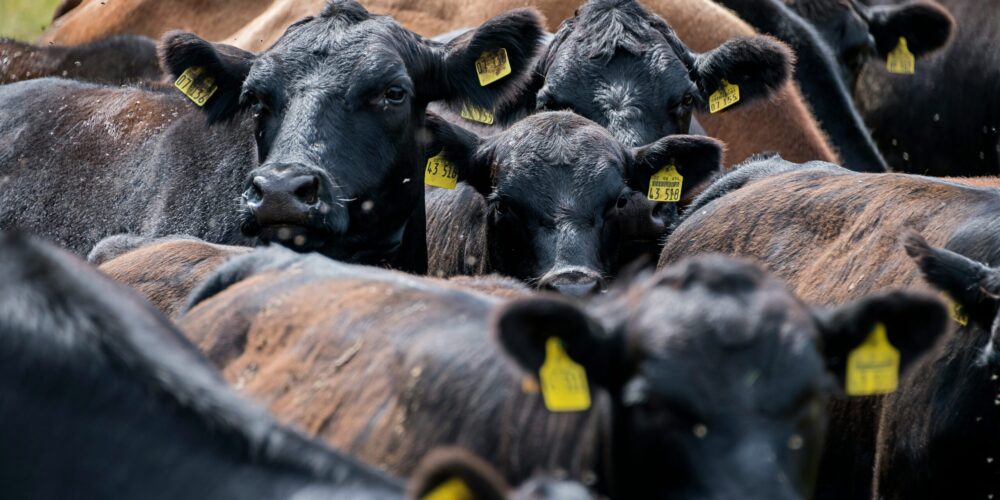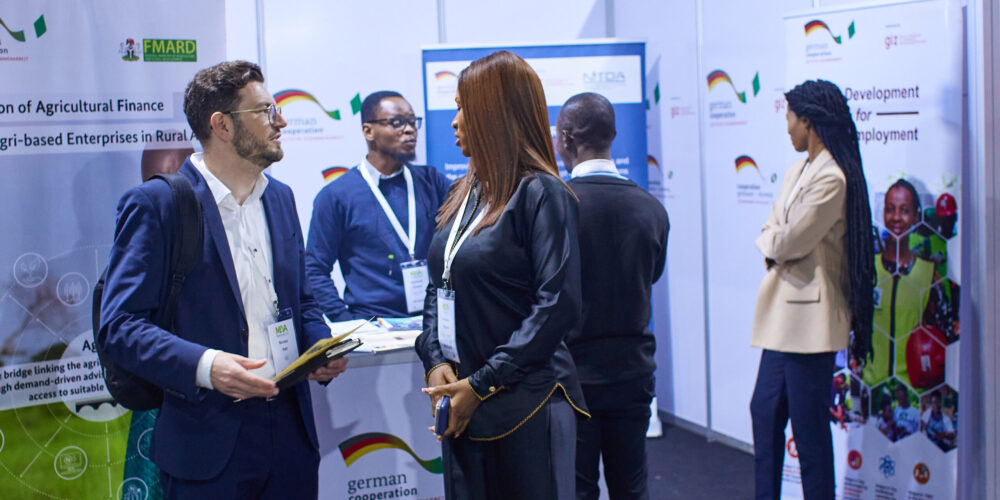Recent developments in Namibia have garnered attention, with several local articles…

African Development Bank Group and Ethiopia Launch $94 Million Wheat Value Chain Project
The African Development Bank Group, in partnership with Ethiopia, the Netherlands, OCP-Africa, and the Global Center on Adaptation, has launched a significant $94 million initiative aimed at strengthening the climate-resilient wheat value chain in Ethiopia. This groundbreaking project aspires to transition Ethiopia from a wheat-importing nation to one that is self-sufficient and eventually a wheat exporter, marking a substantial shift in the country’s agricultural landscape.
Project Goals and Benefits
The primary objective of this initiative is to support 500,000 smallholder farmers, positively impacting the livelihoods of approximately 2.3 million people. By promoting climate-resilient agricultural practices, the project aims to enhance the sustainability and productivity of wheat farming in Ethiopia. This involves the adoption of advanced farming techniques that are better suited to withstand the adverse effects of climate change, thereby ensuring a stable and increased yield of wheat.
Enhancing Post-Harvest Infrastructure
A critical component of the project is the enhancement of post-harvest infrastructure. This involves the development and improvement of facilities for storing, processing, and transporting wheat. By addressing these post-harvest challenges, the project aims to reduce losses and ensure that farmers can maximize their returns from the wheat they produce. Improved infrastructure will also facilitate better quality control and adherence to standards, which is essential for both domestic consumption and export.
Importance of Market Access
One of the key factors in the success of this project is the emphasis on improving market access. Market access is vital as it enables farmers to sell their produce at fair and competitive prices. By connecting farmers with broader markets, the project ensures that the increased wheat production translates into economic benefits. Better market access also means that farmers can access inputs and services that are crucial for maintaining high productivity. This holistic approach helps in creating a sustainable and profitable wheat value chain.
Collaboration and Support
The collaborative nature of this project highlights the importance of international and multi-stakeholder partnerships in addressing complex challenges like climate change and food security. The involvement of the Netherlands, OCP-Africa, and the Global Center on Adaptation brings in valuable expertise, resources, and innovative solutions that are essential for the success of the project. This partnership underscores the commitment of these organizations to fostering sustainable development in Ethiopia.
Future Prospects
The successful implementation of this project has the potential to transform Ethiopia’s agricultural sector. By becoming self-sufficient in wheat production, Ethiopia can significantly reduce its reliance on imports, leading to improved food security and economic stability. Moreover, the ability to export wheat will open new revenue streams for the country, contributing to overall economic growth.
For more details, visit the African Development Bank’s press release


